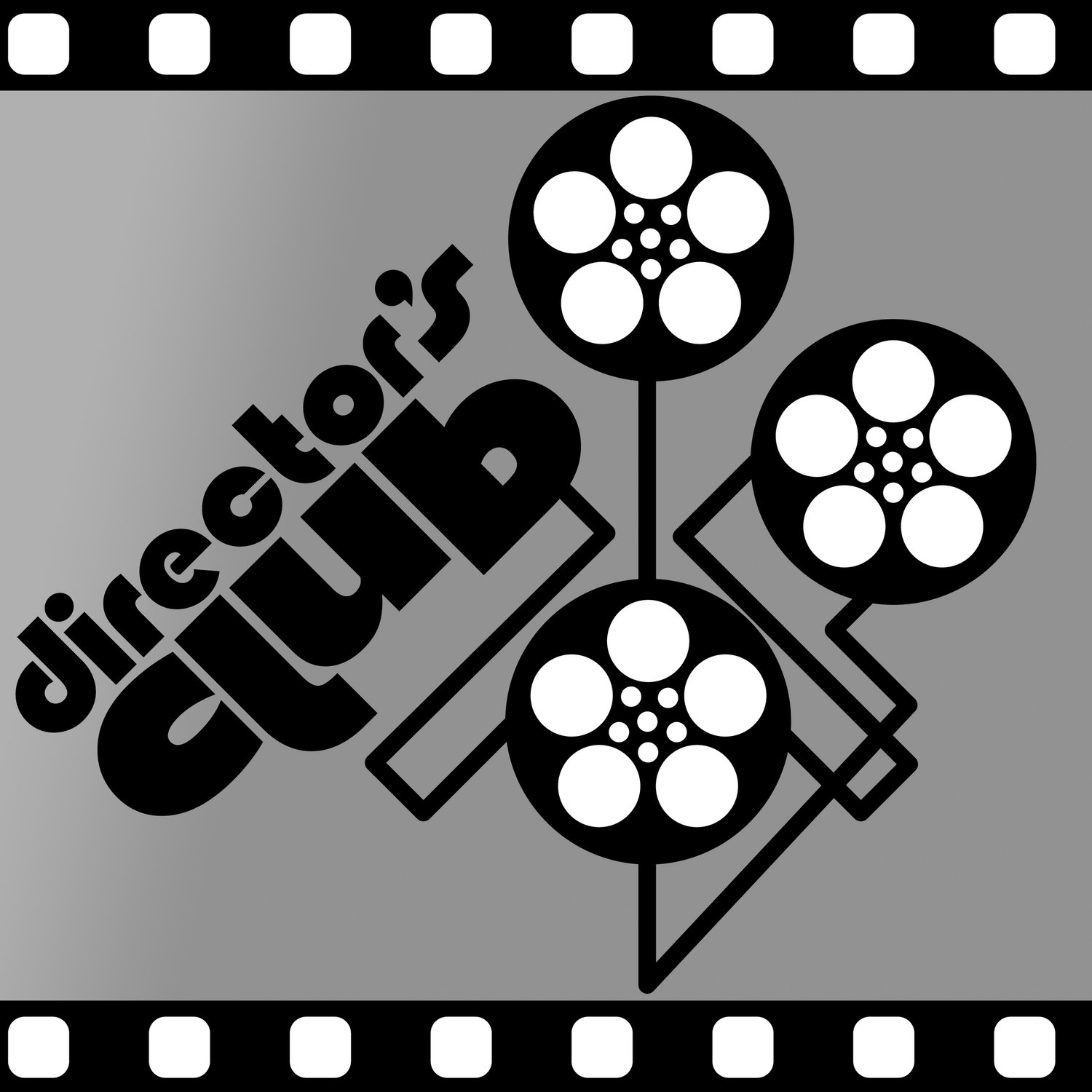Roy's World: Barry Gifford's Chicago (2020)
When I first saw Lost Highway opening weekend in Chicago with friends (four of us were split right down the middle with our reactions), I took note of the name Barry Gifford. If you take a quick trip to his Wikipedia, you’ll discover that he has written so much going all the way back to his teens, everything from poetry to short stories to screenplays. He can certainly veer into the unexpected or provide his own twisted take on a life of crime or being on the run. What stood out to me was some of the work that read more like diary entries. They felt like hidden time capsules unearthed and ready to be explored, especially those who are curious about the writing process.
I’ve also read the Sailor & Luna source material for Gifford’s other Lynch collaboration, Wild At Heart as well as his beautifully written tales about time spent living in the city of Chicago, many of which are featured in the The Roy Stories collection. My first introduction to him was unforgettable. The first viewing of Lost Highway certainly did not receive a warm embrace from general audiences, who at the time, chose to laugh at parts that I found generally unnerving or terrifying. But I was sold on just about every choice made in that film at a time when my taste in cinema was developing. Several years later we now have an immersive, intimate historical document that has made me eager to explore Gifford’s writing even further.
In this exceptional narrative, Roy's World: Barry Gifford's Chicago, Gifford’s autobiographical stories of growing up in 1950s Chicago (narrated by Willem Dafoe, Matt Dillon and Lili Taylor) provide a warm, inviting backdrop for an impressionistic documentary portrait of a lost time and place. Though in some ways, Chicago even from an earlier era is still a city that feels familiar for someone who has lived here most of their life. Certain street names and intersections have not changed. Even if you haven’t explored the writing of Gifford or never lived in Chicago, you’ll still likely connect to what’s being presented on screen. We all have that sense of moving forward while looking back that this film portrays. The opening quote of the film kind of encapsulates thematically what’s going on while the final words speak to the micro-level concept of personal identity.
Written and directed by Chicago’s own Rob Christopher, we are given exemplary insight to Gifford’s storytelling strength while focusing on a young character named Roy, whose experiences and memories based in Chicago closely reflect the author’s. The addition of evocative jazz music creates a film noir feeling, which makes perfect sense since Gifford is clearly a huge fan of that genre and has written an entire book about the subject. The Roy Stories are not an exercise in nostalgia but rather warm, coherent memory trips filtered through impeccably written fiction. You become more entranced with each story told even if they initially feel like detours. They all add up to a bigger picture.
It was even said that Gifford did not want this film to necessarily be about him directly and there’s only one brief glimpse of the writer towards the end. He only agreed if Christopher took an unconventional approach devoid of the tired talking head trope and the choices made here really added to the intended effect that also adheres to Gifford’s wishes. At times we are put in a meditative state almost akin to when we were young, listening to our parents read to us. Only in this case, the parents happen to be talented movie stars like Willem Dafoe and Lili Taylor. At times I was reminded of a film like Heart Of The Dog only that featured Laurie Anderson’s voice at the forefront but again, felt more like a fractured dream or a poem with Guy Maddin-like visuals accompanying her history. Christopher also utilizes quality animated segments, to striking effect. The extended sequence about a trip to a drug store is particularly moving but nearly all of them resonate and there’s not a wasted moment where the viewer will feel uninvolved.
Roy's World: Barry Gifford's Chicago is a film I was grateful to have seen back in 2019 at a sneak preview screening but I remember being quite sleepy while fighting a migraine which is why I didn’t sit down to write about it until a re-watch was possible. Didn’t plan on that being two years later of course but Covid had other plans for us all in many ways. I’m just so grateful to have experienced this true work of art that plays with the documentary format in ways that are endlessly inviting. It’s clear this was a passion project for all involved and the way it showcases how beautiful of a city Chicago is (during a time when I wasn’t around) makes this essential viewing for that fact alone.
It may be a bit of a cliche to say that a city is a character in a movie but that couldn't be more apt in this case. You get a real sense of time and place here while filtered through the voice and perspective of a real talent that has done so much that I’ve personally appreciated over the years. If Gifford was really writing history, this is a film that captures that writer’s real essence in an accessible, engaging manner. It’s a strong endorsement to say that a documentary makes you even more curious about the subject presented to the point of rushing home to put some of the author’s books on your wishlist. This is truly a warm, inviting time capsule that keeps you mesmerized from beginning to end. You too will want to show this film to anyone you know that loves the city of Chicago or simply wants an enlightening education on an accomplished author that everybody should definitely learn more about.



